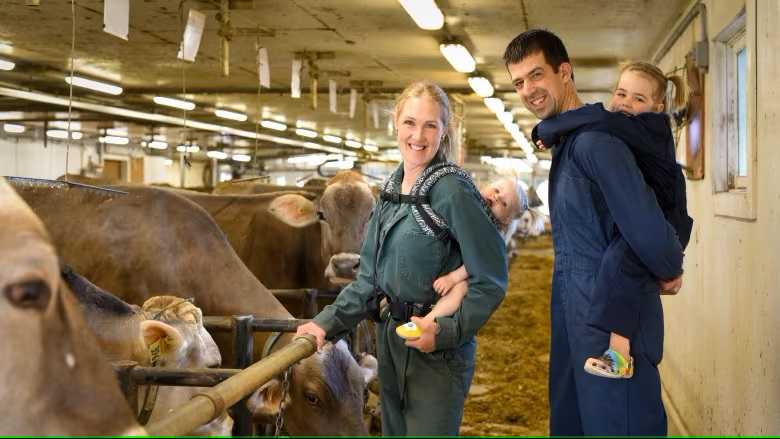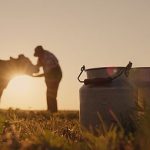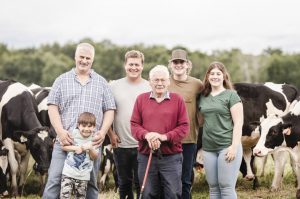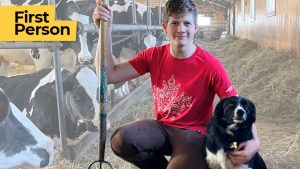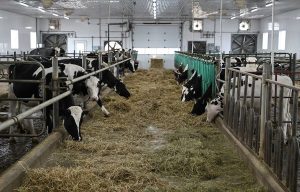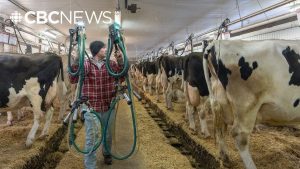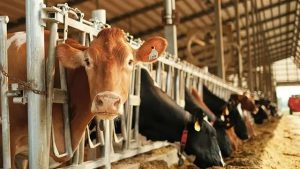
As the U.S. identified a second human case of bird flu linked to dairy cows this week, some Canadian dairy farmers and veterinarians are on guard, taking measures like stocking up on personal protective equipment.
The latest patient, a farm worker in Michigan, had mild eye symptoms and has recovered, health officials said. In March, the first patient, a dairy farm worker in Texas, had eye redness and discomfort.
The H5N1 virus that’s at the centre of the current outbreak is deadly to birds; in cows, it’s resulted in decreased milk production, loss of appetite and fever.
Earlier this month, the U.S. Centers for Disease Control and Prevention recommended that jurisdictions make PPE available to dairy and poultry farms with infected animals to avert infections, and affected states began offering supplies.
The virus has not yet been detected in Canadian dairy cattle, and all tests of commercial milk for fragments of H5N1 have also been negative, according to the Canadian Food Inspection Agency.
But if cows in Canada do become infected with H5N1, then gloves, goggles and masks could join work boots and coveralls in farmers’ wardrobes here.
Advisories for a large dairy industry
There are 11,000 dairy farms across the country. Quebec alone has more than 4,300 dairy farms, and Ontario’s industry supports nearly 86,000 jobs.
To try to keep the virus out, the Public Health Agency of Canada is advising people who have close contact with animals or work in contaminated environments to take precautions such as:
- Wear eye protection and masks to block your eyes, nose and mouth from contaminated dust, feathers, secretions and feces.
- Wear protective clothing, like gloves, boots and coveralls.
- Before cleaning up contaminated areas, mist dry areas with low-pressure water to prevent potentially infected material from being stirred up into the air.
- Change clothing and footwear, and wash hands thoroughly with soap and water.
Which provinces provide PPE?
CBC News reached out to some provincial health and agricultural officials to find out if they provide PPE without farmers having to pay for it themselves. Ontario said it already does.
“Farmers can order the necessary PPE for free, including delivery to the farm, from Supply Ontario,” a spokesperson said.
Yet as of May 15, no orders had been received, they said.
Farmers may also contact their local public health unit or the Ontario agriculture ministry for support on ordering the supplies.
In statements, Quebec, British Columbia, Alberta, Manitoba and P.E.I. said they do not offer PPE to farmers.
You can now read the most important #news on #eDairyNews #Whatsapp channels!!!
🇺🇸 eDairy News INGLÊS: https://whatsapp.com/channel/0029VaKsjzGDTkJyIN6hcP1K
